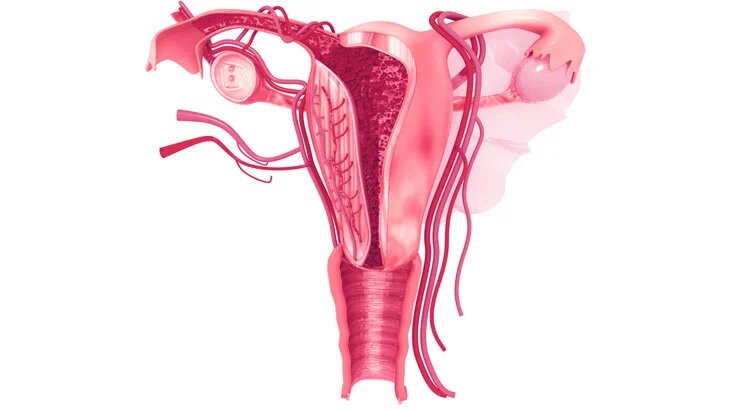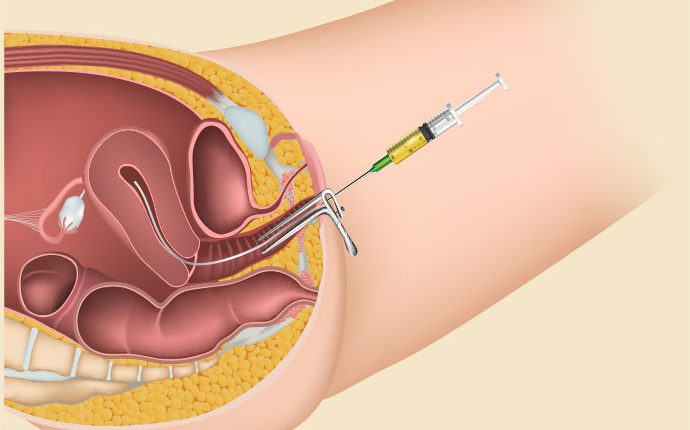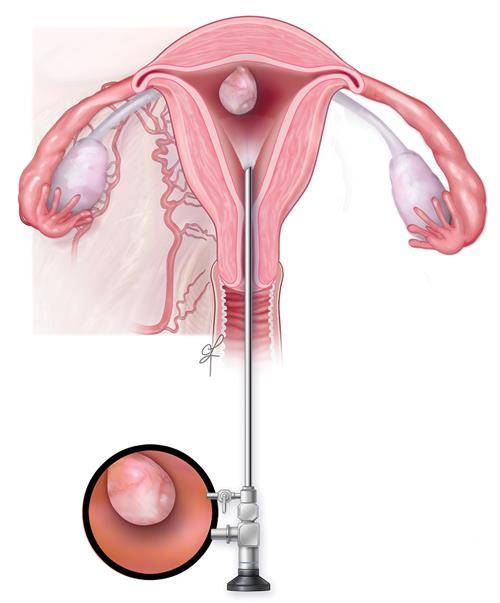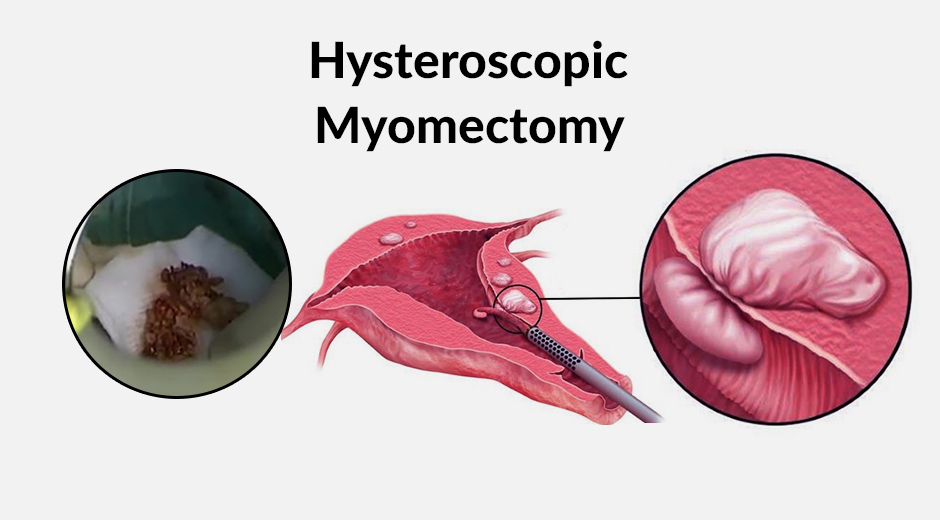Yes, hysteroscopy is a commonly used and effective treatment for Asherman’s Syndrome. Asherman’s Syndrome, also known as intrauterine adhesions, involves the formation of scar tissue inside the uterus, often resulting from previous uterine surgeries, infections, or other trauma. Hysteroscopy is a minimally invasive surgical procedure that allows direct visualization of the uterine cavity using a thin, lighted tube called a hysteroscope.
Key points about hysteroscopy for Asherman’s Syndrome treatment:
1-Identification and Assessment:
- Hysteroscopy enables the surgeon to identify and assess the extent of intrauterine adhesions. The hysteroscope is inserted through the cervix into the uterus, providing a clear view of the uterine lining.
2-Adhesion Removal:
- The surgeon can use specialized instruments through the hysteroscope to precisely cut or lyse (break) the adhesions. This aims to restore the normal architecture of the uterine cavity.
3-Minimally Invasive Nature:
- Hysteroscopy is minimally invasive, meaning it is performed without the need for abdominal incisions. This results in less postoperative pain, a shorter recovery time, and reduced risk of complications compared to traditional open surgery.
4-Improved Uterine Cavity:
- Successful hysteroscopic treatment improves the structure of the uterine cavity, creating a more favorable environment for embryo implantation and pregnancy.
5-Enhanced Fertility:
- For women experiencing fertility issues due to Asherman’s Syndrome, hysteroscopic treatment can enhance fertility by addressing the underlying cause of intrauterine adhesions.
6-Postoperative Care:
- Following the procedure, postoperative care may involve hormonal therapy to promote endometrial regrowth and prevent the recurrence of adhesions. Close monitoring and follow-up are essential.
While hysteroscopy is a valuable and often successful treatment for Asherman’s Syndrome, the degree of success can vary based on factors such as the severity of adhesions and individual patient characteristics. It’s important for individuals considering this treatment to have a thorough discussion with their healthcare providers to understand the potential benefits, risks, and postoperative care requirements.
For more information, consult Dr. Neha Lalla one of the Best Gynecologist in Dubai or you can contact us on 97142122599.




